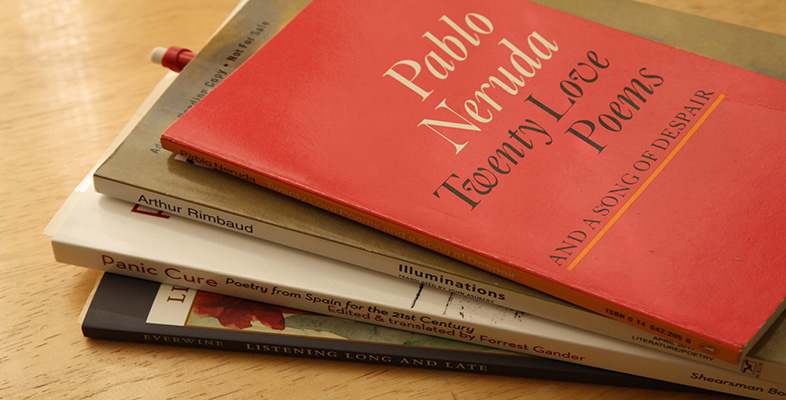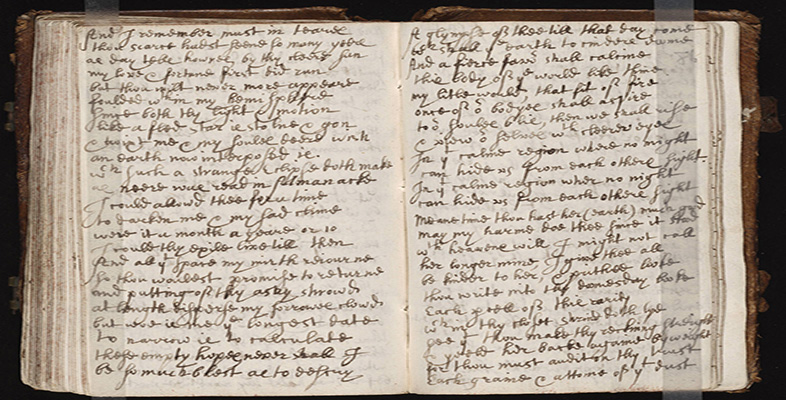Explore The Faerie Queene with exclusive videos and activities
Written at the end of the 16th century, The Faerie Queene is a unique and ambitious work. By fusing Arthurian and classical influences with intricate layers of allegory and metaphor, it created a revolutionary new kind of poetry that would influence generations of poets and herald a new era in English literature. But it was also a work that would chart its author’s descent into despair and disillusionment.
The world of elves, nymphs, and questing knights is undeniably attractive and romantic, but it also hides something much darker and emotionally complex. Caught up in the turmoil that engulfed Ireland towards the end of the 1500s, the lowly civil servant Edmund Spenser began his epic as a thinly-veiled attempt to justify the Elizabethan colonial regime. But as the war around him descended into an intractable conflict with no clear winner and no end in sight, the poet began to lose faith in his monarch and himself – and slowly The Faerie Queene took on an intriguing life of its own.
The story of Spenser’s life takes us deep into the dark heart of Elizabethan society – a world of elaborate representation and uncompromising brutality. Woven through it all is the astonishing beauty of Spenser’s poetry, written in a style of his own invention which would later have a profound influence on the likes of Byron, Keats and Wordsworth. And in the end, a powerfully existential reflection on the human condition which resonates just as strongly today as it did over 400 years ago.
Video: Why size matters
Video: The lost key
Adventures: Taking pleasure and visit Poet's Corner
The Secret Life of Books - Find out more about the other books in the series.







Rate and Review
Rate this article
Review this article
Log into OpenLearn to leave reviews and join in the conversation.
Article reviews